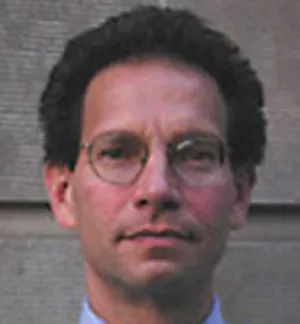International Security is America's leading peer-reviewed journal of security affairs.
Summary
According to mainstream opinion, the George W. Bush administration’s assertive unilateralism represents a temporary departure from the traditional foreign policy of the United States, one that will be rectified by a change of personnel in the White House in 2009. This interpretation of recent trends in U.S. policy is illusory. The Bush administration’s foreign policy, far from representing an aberration, marks the end of an era; it is a symptom, as much as a cause, of the unraveling of the liberal internationalist compact that guided the United States for more than half a century. The geopolitical and domestic conditions that gave rise to liberal internationalism have disappeared, eroding its bipartisan political foundations. In today’s partisan landscape, the challenge is devising a grand strategy that not only meets the country’s geopolitical needs but also is politically sustainable. A strategy that is as judicious and selective as it is purposeful offers the best hope for moving the United States toward a more stable and solvent political equilibrium.
Kupchan, Charles A. and Peter L. Trubowitz. “Dead Center: The Demise of Liberal Internationalism in the United States.” Fall 2007





